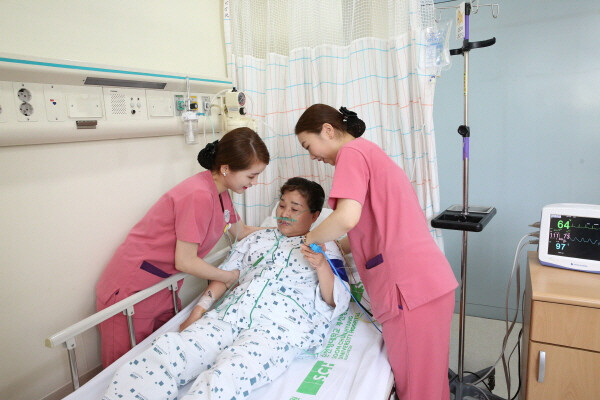
Seoul, South Korea – South Korea’s Ministry of Health and Welfare has announced significant reforms to its healthcare system aimed at improving patient care and addressing longstanding issues within the nursing sector. The revised Medical Services Act, which came into effect on [date], will expand access to home nursing services and prioritize care for critically ill patients in hospitals.
One of the key changes introduced is the establishment of clear guidelines for prioritizing the admission of critically ill patients to hospitals that offer integrated nursing care services. Previously, hospitals had been accused of avoiding admitting patients with severe conditions, leading to concerns about the quality of care provided. The new regulations aim to address this issue by ensuring that patients with the greatest medical needs receive the highest priority.
Additionally, the government has relaxed restrictions on who can provide home nursing services. While previously only specialized home care nurses were allowed to provide these services, the revised regulations will now permit nurses from general hospitals and clinics to offer home care, subject to certain qualifications. This is expected to increase the availability of home nursing services and provide more flexibility for patients.
To enhance the quality of nursing education, the government has also introduced new requirements for nursing instructors. Hospitals with 300 or more beds will be required to have at least two nursing instructors on staff, with additional instructors needed for larger hospitals. Nursing instructors must have at least two years of clinical experience and complete a specialized training program.
Furthermore, the nursing licensure examination has been revised to consolidate several subjects into a single nursing theory exam. This change is expected to streamline the nursing education process and better prepare graduates for the challenges of modern healthcare.
“These changes will help us to improve the quality of nursing care in South Korea,” said Park Hye-rin, director of the Nursing Policy Division at the Ministry of Health and Welfare. “By expanding access to home nursing services, prioritizing care for critically ill patients, and strengthening nursing education, we are taking significant steps to enhance the healthcare system for all Koreans.”
[Copyright (c) Global Economic Times. All Rights Reserved.]






























